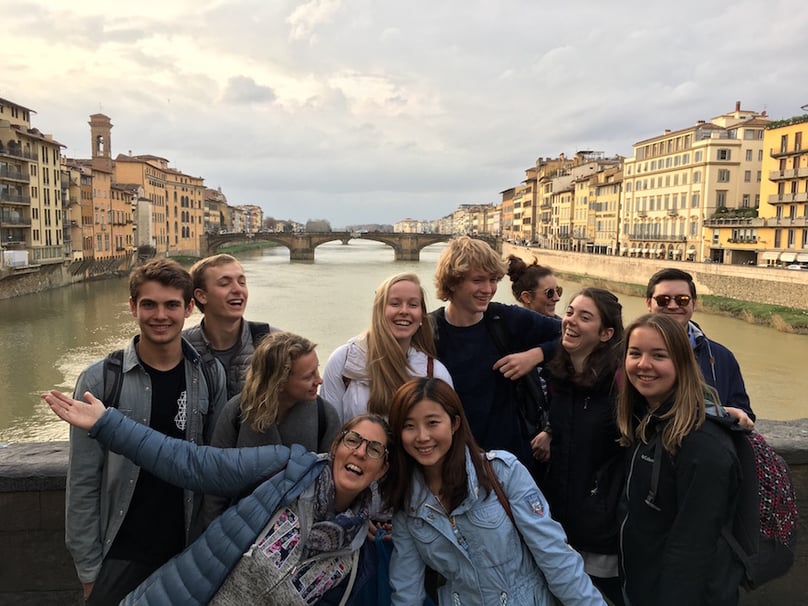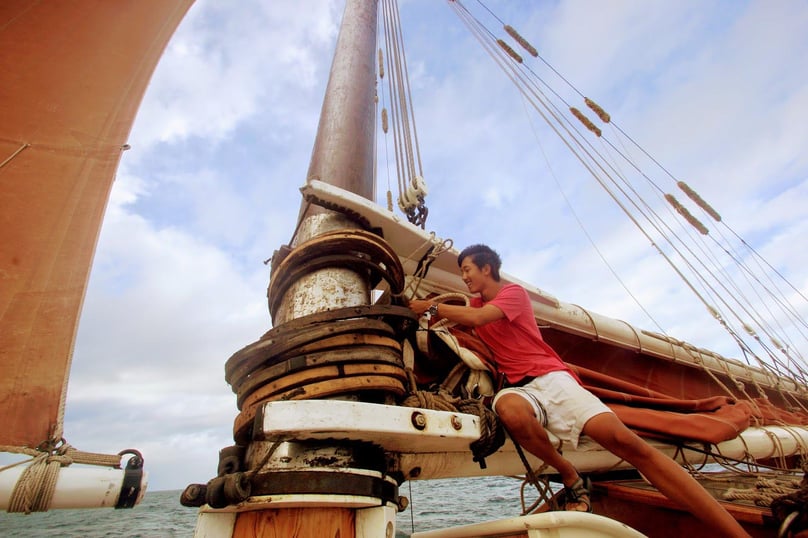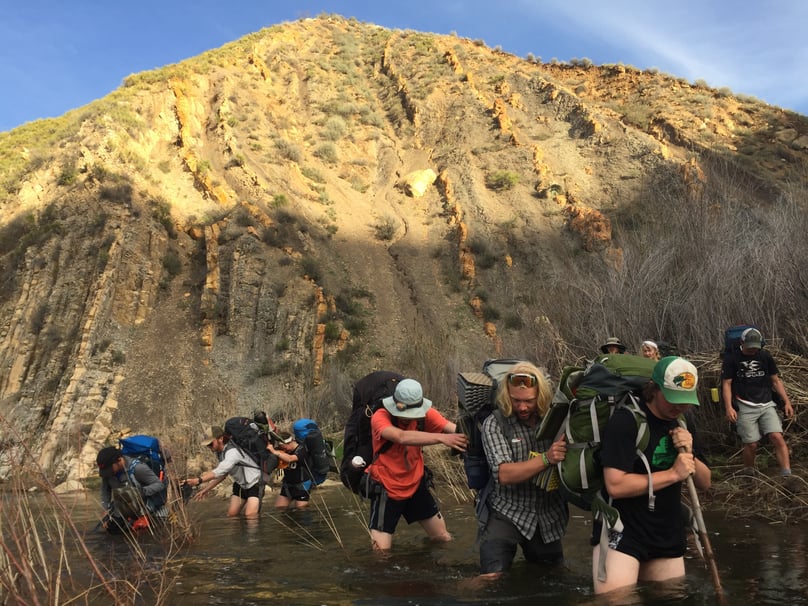Program directors for Mountain Classroom, European Art Classroom, Proctor en Segovia, Ocean Classroom, and Proctor in Costa Rica have talked about each of these remarkable study abroad programs in assembly over the past few weeks. We have all read the blog posts from each of these off-campus programs, and have seen the transformation in the students who return from studying off-campus. With Off-Campus Program applications for the 2018-2019 school year due one week from today, many of the conversations happening right now between advisors, parents, and advisees center around the excitement, and challenges, that accompany studying off-campus.

These conversations remind me of a blog post we published a few years ago. That blog, Embracing Struggle, discussed the work of educational psychologist Jim Stigler looking at the difference between how different cultures approach the notion of intellectual struggle. Stigler discusses the importance of how people perceive struggle in their lives, "The way you conceptualize the act of struggling with something profoundly affects your actual behavior…If struggle indicates weakness, it makes you feel bad, and so you're less likely to put up with it. But if struggle indicates strength - an ability to face down the challenges that inevitably occur when you are trying to learn something - you're more willing to accept it."

The latter perspective on struggle (viewing the process of struggle as a strength) is required of the off-campus experience at Proctor; ten weeks in a foreign land, living and learning alongside a small group of peers, often in tight quarters, brings with it plenty of struggle. And yet more than 75% of our students decide to study off-campus during their time at Proctor. We did not make that statistic up for marketing purposes, it’s true: three out of every four Proctor students will spend a term off-campus. Athletes do it. Valedictorians do it. Artists do it. Learning Skills students do it. Students cannot wait to give up the comfort of their dorm room, a regular academic schedule, technology, and the safety and support of the known to embrace the unknown. It's borderline crazy, right? So why is this?

Proctor believes deeply in the value of learning as a process, not a specific outcome. Proctor’s model of academic rigor combined with academic support results directly in a school culture that frames challenges in a way that encourages perseverance and provides opportunity for healthy struggle. It is an educational philosophy that has been part of Proctor’s DNA for more than seventy-five years. An established culture of studying off-campus does not happen by accident, however. It is only possible with the right on-campus support systems in place for students. Close relationships with faculty advisors, learning specialists, dorm parents, teachers, coaches, and parents build in each student the confidence needed to embrace struggle in everyday life at Proctor.
Whether the struggle comes in the form of coming face to face with the realities of immigration issues on Mountain Classroom, maneuvering group dynamics during a 14 day passage across the Caribbean on Ocean Classroom, learning to live with a host family in Costa Rica or Segovia, or learning how to navigate Prague, Amsterdam, and Paris on European Art Classroom, no other educational experience available to high school students will shift a student's perspective on the value of struggle like Proctor's off-campus programs. Those students who will submit their Off-Campus Program applications next Wednesday have no idea how much they are about to learn from the struggles that will inevitably come their way. And we couldn't be more proud of them for taking this risk!








